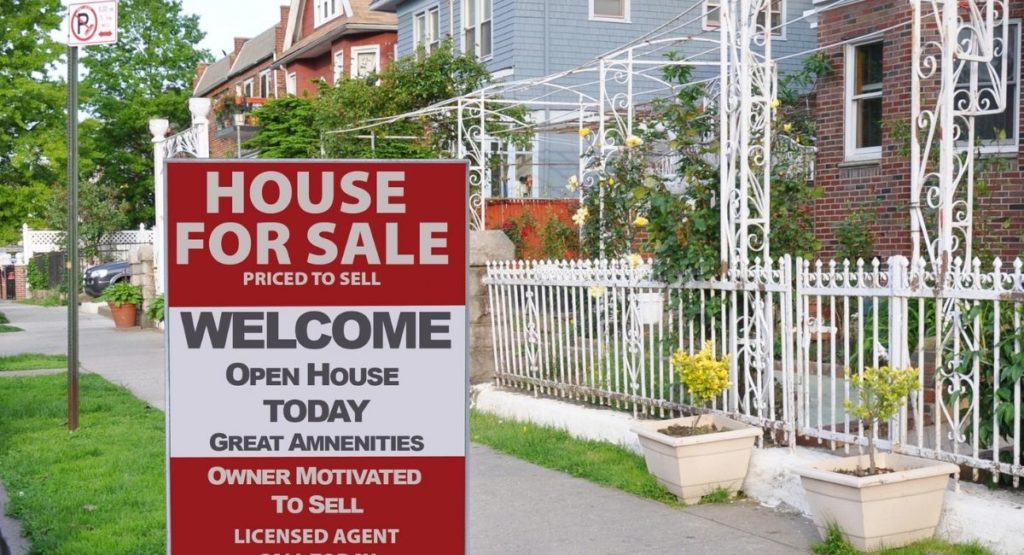Surprises in the inspection, negotiation deadlocks and buyers with crazy demands—from listing to closing, selling your home will often be a journey filled with challenges. According to the National Association of Realtors (NAR), only 66 percent of sellers were satisfied with the selling process in 2019. However, given that you have got so much money on the line, you deserve satisfaction.
This one-stop guide for first-time home sellers is specially curated to help you pass through the home selling process smoothly. All the advice in this guide is backed by top real estate agents from across the country who are brilliant marketers, shrewd negotiators, and experts in striking a deal.
Step 1: Understand the Total Market and Get the Facts Right
Before jumping into the real estate waters, ask your realtor to provide you with a ‘total market overview.’ Compare what is happening in general with what is happening in your local market—are growth rates the same, lower, or higher?
Also, check the specifics of your neighborhood. What kind of homes are currently on the market, and what homes have (or haven’t) sold in the last six to twelve months? A real estate agent will be able to help you figure out precisely what your home is worth by providing you with real-world facts and not opinions.

Step 2: Set the Right Sales Price for Your Home
Often, the first price sellers have in mind tends to be high. So, it is likely that they will have to come down. If you start high, you will keep buyers and other real estate agents away because they don’t want to waste their time. Even if you decide to lower your price in increments, it will be too late—because buyers and realtors will see your property as an overpriced home.
Consider hiring a knowledgeable realtor to help you set the right sales price. Your real estate agent or Realtor® will aggregate information about your area, gather details about recently sold homes, discuss trends, and answer questions about the value of your home.
Step 3: Calculate the Net Profit from Selling Your Home
To figure out the net profit you will gain from selling your home, consider these five factors:
- Start with the gross listing price of your home
- Subtract the amount buyers will negotiate to reach the sales price
- Subtract the estimated commission
- Subtract contingency costs and repairs specified in the contract
- Subtract closing costs—appraisals, attorney fees, escrow, title fees, etc.
- The net profit can often be as much as 10 percent or more of your listing price.

Step 4: Advertise and Market Your Home for Maximum Exposure
When advertising your house, you should know what potential buyers are searching for in a home. Here are four tips that will help your figure it out:
- Typically, purchase decisions are more emotional than logical. Your house won’t be evaluated as a ‘house,’ instead, buyers will assess its potential to become a ‘home.’
2. Buyers are always looking for a bargain. While this is subjective, buyers respond better to phrases like ‘priced to sell,’ or ‘a unique bargain at this price.’
3. Buyers value affordability more than anything else. They will choose a home they think can afford based on monthly payments and down payment.
4. The best way to encourage a sale is by creating urgency. You can achieve this by using phrases like ‘limited time offer’ or ‘special terms that expire.’
Keep these tips in mind and work together with your real estate agent to put together a detailed marketing plan that employs all the latest selling techniques, including social media and the Internet.
Step 5: Prepare Your Home for Showing
The first impression is all that matters, especially when it comes to selling your home. You won’t get a second chance to impress potential buyers if you fail at the initial showing. Your home will be in the best position to sell when it is new on the market. So, you want your home to be in good shape for the first showing.

Look at your home through the eyes of a prospective buyer. Is it dark, cluttered, or needing repairs? De-clutter the insides of your home, work on the outside, including the yard and garage. Don’t put off fixing anything that looks broken or is not working. While you don’t have to paint your entire house, you should fix up and stage your home properly to sell your home for more money.
Talk with your real estate agent for advice on inexpensive things you can do to make your home look more attractive to buyers.
Step 6: Negotiate the Best Deal and Close Your Sale
The final step to getting top dollar for your home is negotiating.
Understand your buyers and know what their motivation is behind buying a home. Have they already sold their home and are looking for a quick closing? Also, avoid emotional attachment to the transaction. Sometimes, your own feelings can cloud your judgment.
Final Thoughts
Unless you have included special arrangements in the contract, you will have to move out of your house by the closing. Make sure you are on the same page about timing as your buyer and plan to move accordingly.
Some states also make it mandatory to have a real estate attorney at closing to oversee the transaction and ensure the signing goes smoothly.
Lastly, don’t let the home sale distract you from all the details of moving. As you approach the closing date, remember to inform banks and credit cards of your new address and cancel or transfer your homeowner’s insurance.
Have Questions? Ask Jana!
Your real estate agent is the best source of information about the local community and real estate topics. Give Jana Jeanette a call at 803-524-2473 to learn more about local areas, discuss selling a house, or tour available homes for sale.


 Keller Williams Connected
Keller Williams Connected